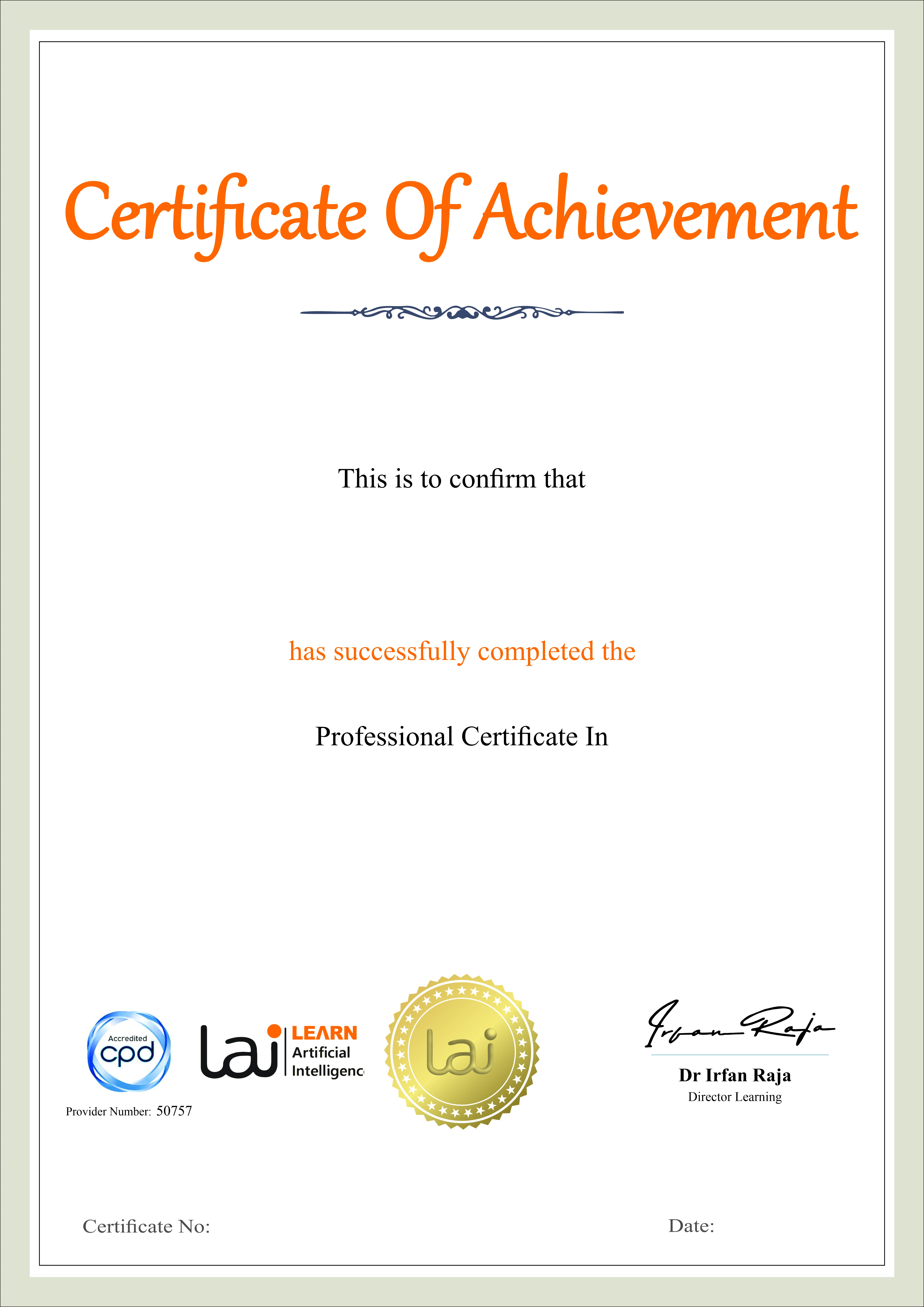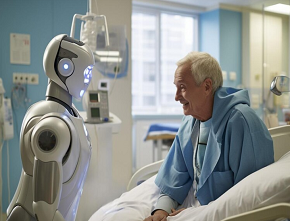The Machine Learning and Healthcare course explores how data-driven technologies are revolutionizing the medical field.
Machine Learning and Healthcare
The Machine Learning and Healthcare course explores how data-driven technologies are revolutionizing the medical field. From disease prediction to personalized treatment and efficient diagnostics, machine learning is at the forefront of innovation in healthcare. This course introduces learners to fundamental and advanced machine learning techniques with direct applications to healthcare challenges.
You'll gain a solid understanding of supervised, unsupervised, deep, and reinforcement learning models, and how they’re used to enhance healthcare delivery, medical imaging, patient monitoring, and clinical decision-making. Real-world case studies, hands-on examples, and future trends in healthcare and machine learning are discussed throughout the course to give learners practical insights into this rapidly growing field.
This course is ideal for professionals and students interested in the intersection of technology and healthcare. Healthcare practitioners looking to understand how machine learning can transform patient care, data scientists wanting to apply their skills to healthcare data, or tech enthusiasts eager to explore healthcare and machine learning will benefit from this program. It’s also well-suited for biomedical engineers, AI researchers, and policymakers focused on medical technology. A basic understanding of Python and data analysis is helpful but not required.
Understand the role of machine learning in healthcare systems.
Identify different types of healthcare data and prepare them for modelling.
Apply supervised and unsupervised learning techniques to medical use cases.
Explore deep learning models, including neural networks in medical imaging and diagnostics.
Evaluate how reinforcement learning contributes to adaptive healthcare solutions.
Assess model performance using healthcare-specific evaluation metrics.
Analyse challenges such as bias, data privacy, and explainability in machine learning and healthcare.
Anticipate future innovations and the evolving landscape of healthcare AI.
-
Understand how machine learning is transforming the healthcare industry. Explore key terminology, real-world applications, and the importance of AI in medical advancements.
-
Dive into healthcare data types—structured, unstructured, imaging, and genomics—and learn essential Preprocessing and cleaning methods for reliable ML modelling.
-
Learn how supervised learning is used for disease prediction, diagnostic classification, and patient outcome forecasting using labelled healthcare datasets.
-
Explore clustering and dimensionality reduction techniques used to uncover patterns in patient data, symptoms, and medical records without predefined labels.
-
Explore into neural networks, CNNs for medical imaging, and RNNs for electronic health records. Understand how deep learning enhances diagnostics and analysis.
-
Discover how adaptive learning models are applied in treatment planning, robotic surgery, and dynamic healthcare decision-making environments.
-
Learn to assess model accuracy, sensitivity, specificity, AUC-ROC, and cross-validation strategies to ensure safety and reliability in clinical settings.
-
Address ethical issues, data security, model explainability, and the future scope of AI in medical innovation, including wearable tech and telemedicine.
Earn a Professional Certificate
Earn a certificate of completion issued by Learn Artificial Intelligence (LAI), accredited by the CPD Standards Office and recognised for supporting personal and professional development.

Key Aspects of Course

CPD Accredited
Earn CPD points to enhance your profile

Free Course
This course is free to study

Self-Paced
No time limits or deadlines

Flexible & 24/7 Access
Learn anytime, anywhere

Build In-Demand Skills
Get job ready

Updated AI Skills
Stay current with AI advancement

Global Learning
Accessible Worldwide

Premium Materials
High-quality resources

Employer Approved
Boost your career prospects



